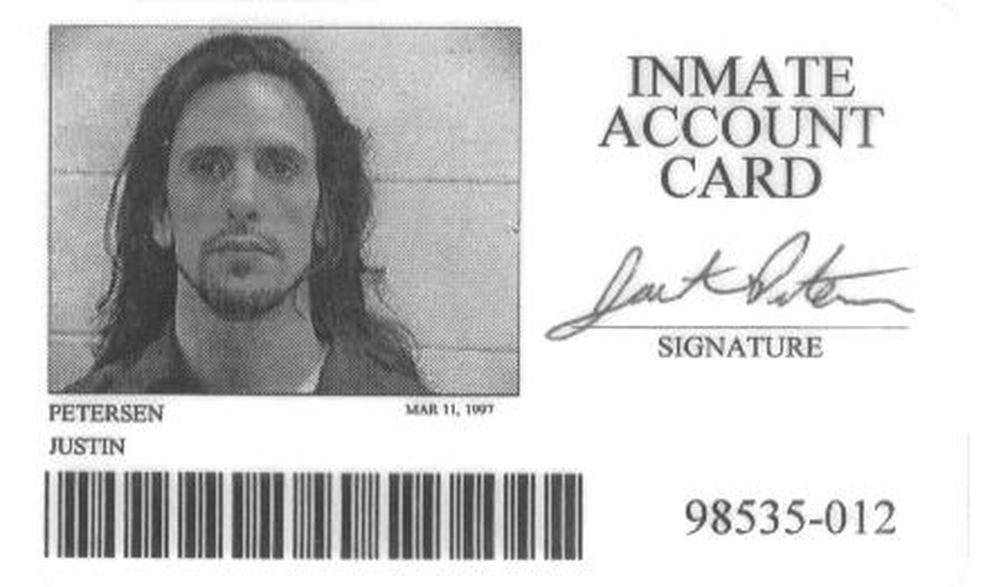
Some of Petersen's crimes occurred while he was working as an FBI informant. The guy knew how to crack phone systems. But he didn't stop there. Petersen rigged telecom switches to win radio phone-in contests. Among the prizes he scored: A Porsche.
I hoped tips from Petersen would lead me to Mitnick, the most notorious hacker of his time. Indeed, Mitnick had used social engineering to heist code from Motorola, Novell, Sun and others. Mitnick had gone underground during the crime spree. But before I could pick up his trail, the FBI found and arrested Mitnick in February 1995.
Too Legit to Quit
I'm not sure why, but Petersen and I remained in touch. We spoke at length around 1999. This time, he wasn't calling me collect. Indeed, Petersen apparently had gone legit. At the time, he was a security consultant -- teaching businesses how to safeguard against the very hacker tactics he helped to pioneer. In the evening, instead of cracking into systems, Petersen was managing night clubs.
Over the next few years, Petersen and I lost touch with one another. Alas, I never got a chance to thank him for showing me a bit of the hacker underworld. He died in 2010, at age 49.
 Kevin Mitnick
Kevin MitnickAs for Mitnick, he was released from prison in 2000 after five years behind bars. He went legit, started a security company, and is now a popular speaker at tech conferences. Last time I saw him, Mitnick keynoted ConnectWise's Automation Nation 2016 conference. And yes, he hacked several audience members -- with their permission.
Fast forward to present day. As I read about the NSA and international cybercrime, I'm reminded of the "pioneering" hackers like Mitnick and Petersen. In some ways, there's nothing new about the current cyber wars.
Well, actually: The stakes are much higher. And the world is smaller. We could all use a little help on the cybersecurity front. Man I miss those collect calls from Justin Tanner Petersen.




